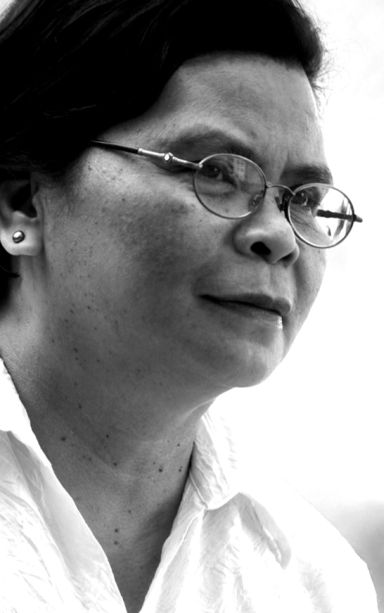
DELA CERNA
Celebrating the 448th founding anniversary of Cebu province on the theme “Hiniusang Paningkamot, Kalambuan Karon ug sa Umaabot” gave me a chance to browse over the “History of Cebu Province” written by Dr. Resil B. Mojares. This is Volume 1 of the 55-volume series of the history of the towns, component cities of Cebu which was a project of the Cebu provincial government in partnership with the University of San Carlos and the Ramon Aboitiz Foundation, Inc. done in 2008–2012.
This year’s theme echoes what Mojares wrote in the book that the “Constraint and opportunity have combined to shape the Cebuano ethos. While one is well cautioned against constructing something like a ‘Cebuano personality,’ it may be said that values of autonomy, enterprise, adaptability, mobility and outward-orientedness are esteemed in the local culture.”
Mojares wrote that much of Cebu’s history is made up of the story of how Cebuanos interact with external systems that have inexorably become a part of who they are.
“Cebu, after all, is a distinctly maritime province, its borders porous and open to the world.”
In the process, Cebuanos have generally worked in enterprising ways. In dealing with the “outside,” they have built in Cebu’s position as regional economic center. They have staked out a claim as a critical constituency in the nation, being one of the most populous provinces in the country and home of the country’s second-largest ethnolinguistic group. “Engaged in the nation, yet distanced from its center, they have nourished a pragmatic, transactional kind of autonomist politics as they participate in the life of the nation.”
From the Spanish conquest to the present, Cebu has undergone dramatic changes and upheavals in its history. Yet throughout much of its history, the factors of continuity and stability have been quite strong. The reasons lie in the relative homogeneity of a provincial society where there are no radical ethnic, religious or linguistic divisions, and communities are long and well settled.
For instance, it is remarkable that except for Tabuelan (which became a municipality in 1953), all the municipalities or cities that exist today were already towns by 1900 (and, for most of these, for even much longer). Of the 1, 203 barangays today, 1,028 were already barangays in 1903.
Former governor Gwen Garcia’s One Cebu movement may be a political concept insofar as it mystifies and glosses over the fact that, as in other places, there are real differences and divisions within Cebuano society. Yet it does remind us (as history does) that there are indeed deep and abiding features that make Cebu one.
* * *
The exit of Judy Taguiwalo as secretary of the Department of Social Welfare and Development is a great loss to the efforts to improve social services in the country, for Judy has a broad experience in working with and for the marginalized sectors of the country. A year ago her appointment to the post was greatly welcomed for it gave a streak of hope to putting people in the social services regardless of a militant orientation.
I first came to know Judy in the early 1980s with the campaign for membership of the All-UP Workers Union in UP Cebu and then with the various women’s activities in the late ’80s and the 1990s. It was in the 1990s that I came to interact with her when I was doing my PhD in Philippine Studies at UP Diliman. I frequented the College of Social Work and Community Development where she was a faculty member and a very active member of the All UP Workers Union, because my dissertation was on Women and Leadership and their library had a rich collection of resources on women’s studies. I also had some friends teaching at the College, among them was Delia Monares who edited my dissertation. Judy’s experiences as a worker and unionist are all contained in her PhD dissertation which has been published by the UP Press entitled “Babae: Obrera at Unionista.”
My most memorable experience with Judy was in 2010 when I was diagnosed with kidney failure and started with my twice a week sessions of dialysis, and underwent a total abdominal hysterectomy. She was then the UP Faculty Regent. It was through her that we learned about the UP medical assistance to UP employees. She facilitated the processing of my papers despite the fact that at that time UP Cebu was still under the administration of UP Visayas based in Miag-ao, Iloilo.
Then she was very visible in the UP academic scene and in the women’s movement when she headed the UP University Center for Women’s Studies before being appointed to the post of secretary of the Department of Social Welfare and Development. Judy was militant but not the offensive or abrasive type. Assertive and persevering, she listened to the other side which she nurtured in her work with communities and union education.
Disclaimer: The comments uploaded on this site do not necessarily represent or reflect the views of management and owner of Cebudailynews. We reserve the right to exclude comments that we deem to be inconsistent with our editorial standards.
